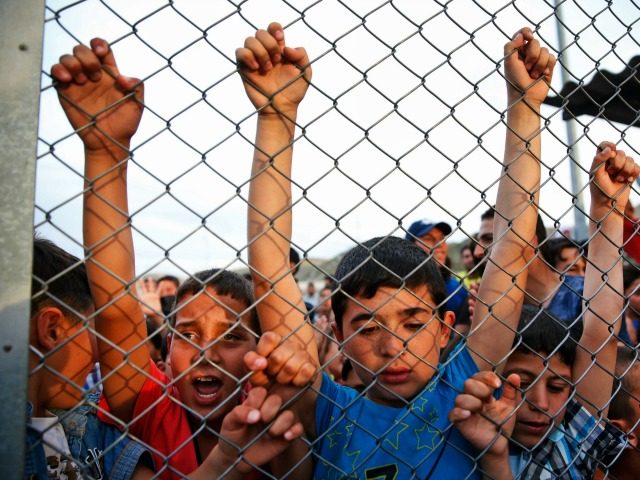WASHINGTON, D.C. — The Obama administration agency tasked with disbursing U.S. humanitarian aid in Syria has reportedly suspended contracts valued at $239 million due to significant fraud concerns.
“Despite our goodwill, bad characters have taken advantage of the complex situation for personal gain, ultimately denying Syrian people the food, clothing, health care and other aid they urgently need,” testified Ann Calvaresi Barr, inspector general of the U.S. Agency for International Development (USAID), during a hearing held by a House Foreign Affairs Subcommittee this month.
Rep. Ileana Ros-Lehtinen (R-FL), the panel’s chairwoman, noted that the United States has been the number one contributor of humanitarian aid to Syria, providing more than $5 billion.
“With no end in sight to the Syrian conflict, it is absolutely vital that we ensure that the taxpayer dollars that are used in support of these efforts are being used efficiently and effectively,” she added.
The Washington Post (WaPo) reports:
As fighting deepens nightmarish conditions across northern Syria, the suspensions have affected the delivery of medicines, food and other life-saving aid to hundreds of thousands of civilians since December…
In Aleppo, a city shattered by violence, leading hospitals were brought to the brink of closure when they were left without financial support. Elsewhere, civilians displaced in baking heat received tarpaulins too small to cover an adult and food kits in which lentils had been replaced with salt.
Barr pointed out that the USAID inspector general has received at least 116 complaints of alleged abuse of U.S. taxpayer funds linked to the Syria response and as a result has opened 25 cases to investigate the allegations.
In her written testimony, she explained:
The most common fraud schemes identified to date involve collusion between vendors and implementers’ procurement and logistics staff who accepted bribes or kickbacks in exchange for contract steering. We also identified a number of schemes involving product substitution of food and non-food items, inflated billing, and false claims.
Barr revealed that $239 million in USAID contracts have been suspended.
Thomas Melito, director of international affairs and trade at the Government Accountability Office (GAO), said in his written testimony:
As of May 2016, the United Nations (UN) reported that 13.5 million people inside Syria have been affected by the conflict and are in need of humanitarian assistance, such as food, shelter, and medicine…
Our review resulted in the following findings. First, several factors complicate the delivery of humanitarian assistance to people inside Syria. Second, U.S. agencies and implementing partners have assessed some risks of delivering humanitarian assistance inside Syria, but most partners have not assessed risks of fraud. Lastly, partners have implemented controls to mitigate certain risks of delivering humanitarian assistance inside Syria, but U.S. agencies could improve their oversight of these programs.
Melito told lawmakers he did not believe USAID and the U.S. State Department had “any inkling” of how much taxpayer funds had been lost.
WaPo reports:
The problems underscore a wider dilemma: how to deliver aid in a war zone where most fear to travel. The U.S. is the leading humanitarian donor in Syria, but most of the $5.5 billion in American aid has been distributed through the United Nations and a host of partner organizations.
The United States closed its embassy in Damascus in 2012.
Despite the fraud concerns, U.S. Secretary of State John Kerry announced an estimated $439 million in new humanitarian assistance for Syria and neighboring countries.

COMMENTS
Please let us know if you're having issues with commenting.